|
Interview with Ghost Ranch CEO David Evans By Jessica Rath Countless visitors from all over the United States come to Ghost Ranch every year, either to spend a few weeks during the summer, staying at a cabin and participating in one of the many programs offered, or for a day of outdoors adventure when they’re driving by on Hwy 84. For many of us who live in or around Abiquiú, Ghost Ranch evokes recollections of exceptional hikes. I’ll never forget the first time I made it to the top of Kitchen Mesa, all by myself, and the exhilarating views that took my breath away. I could see my minuscule car in the parking lot, an impressive testimony for the height I had climbed. It’s a region of glorious beauty which has captivated young and old for many years. Now imagine that you spent many joyful summers as a kid at Ghost Ranch, and you return as an adult lots of years later, to work there. Sounds amazing, doesn’t it! That’s what happened to David Evans, who started as Ghost Ranch’s new Chief Executive Officer in January 2024. He was kind enough to meet with me recently, when he told me about the long journey that brought him to Abiquiú. David grew up in Salina, Kansas. The first time he came to Ghost Ranch was when he was five years old and his mother taught a photography class here. And then he and his parents came every summer for years, sometimes they would drive here from Kansas, and sometimes they would take the train to Lamy. While his mother taught photography, his father took all sorts of different workshops. “So I grew up playing here every summer and had lots of wonderful first experiences here,” David told me. “The place has been really special to my whole family for years. My sister later worked on the college staff here. Professionally, my career has been in international relief and development, and so I lived in the Middle East for a long time.” How exciting! I asked David to tell me more. “I lived in Lebanon for a while, then in Iraq and in Jordan,” he continued. “I moved to Iraq in 2008 and I was there for about five years, and then I worked in Lebanon, and for a shorter stay in Jordan. I met my wife in Iraq, she's Scottish, and we were both doing aid work there.” I asked David to define what that entailed. What does it mean to do aid work? How did you help? “When we were in Iraq, the biggest program I worked on was designed to help Iraqis engage in local government,” he explained. “It was a program to help foster deeper engagement in the decisions that were affecting them through the government. It also supported local nonprofits, and then there were a number of different ways we would help people engage with their local leaders. Also, it involved delivering basic humanitarian needs, such as water, to different communities. We had a number of educational programs, programs to teach girls how to read, for example.” “Later, when I was in Lebanon, I had a regional position, and at that time, the Syrian war was in full swing,” David continued. “Lots of people were being driven across the border. And so the organization I worked with had operations in all the surrounding countries to help with refugees.” Now that the U.S. government stopped all support for overseas aid organizations, you must feel particularly bad because you were involved with some, I commented. “My wife and I both were just devastated, because the communities that we were working with desperately needed assistance. The result of years and years of effort was just wiped out. We all helped, and those communities will be suffering for sure,” David confirmed. That's really too sad. I didn’t want to dwell on this and asked whether he came back to the United States with his wife, after their time in the Middle East. “No, first we were in Southeast Asia for a while, for about five years,” David corrected. “We were in Myanmar, in Burma, and then Thailand. So we were working in Myanmar, and then after the coup, we had to leave in a hurry, and we moved to Thailand. Then we were working in Thailand, and I was eventually working for EarthRights International, a human rights and environmental defense organization. We lived in Chiang Mai, Thailand.” “We moved from Chiang Mai, Thailand back to the United States in January 2024, so a year and a half ago,” David continued. “I've got two boys, they're in second and fourth grade at Abiquiú Elementary. The move has been a big transition for them. Most of their memories are from Thailand and Myanmar!” What was different for them, I asked. “Well, I had to show them how to tie their shoes and wear jeans, for example,” David told me. “They were wearing flip flops and shorts their whole life.” I’m convinced that it's good for a young person to be exposed to many different cultures and languages and David confirmed that they're doing really well, playing basketball and soccer and things like that. Abiquiu Elementary is a lovely school, he said, so they're doing just great. And how did he end up at Ghost Ranch, I wanted to know. “When I was working in Thailand, the Chair of the search committee to fill this position emailed me out of the blue with this opportunity,” David told me. “He is a good friend of my mother, and I was very excited and applied for it. I really wanted this job, and when I got it we made the move back to the US.” And what does it entail to be the CEO of Ghost Ranch? What are your obligations and responsibilities, I asked. David’s answer was impressive. “Well, we're an education and conference center, and we offer wonderful programs in the arts, spirituality, and social justice. There are more than 100 rooms here, and we have guests all year round, but we're especially busy in the summer. We also offer a wonderful youth program, and part of that is a community camp for Rio Arriba County residents. In the summer we offer swimming lessons for kids who live around here. And we have a wonderful dining hall and a library. There are two different museums, an archeological museum and a paleontological museum. We have great hikes here. We've got a staff of about 55 people year round, and that goes up to 85 in the summer. We expand a lot in the summer in order to take care of all of our summer guests, and so my job is to oversee all of that.” He continued: “One of the main things we're doing right now is the construction of a large scale solar array. We'll be breaking ground with that soon, and then about 10% of our electricity will be solar. We're really excited about that. It's very important to us that we're good stewards of this land. For example, we're taking care of this field right out in front of us here.” David pointed to the big lot outside, in front of his office. “We got that ready to plant so that it's lovely and green soon. Taking care of our environment is top priority, and people learn that while they are here, that's just part of the whole experience.” My next question had to do with continuity and innovation. As the new CEO, what is his vision for the future? David mentioned a number of exciting ideas. “We're really committed to adding in more social justice work that helps us embody our values. We're an inclusive place. We care a lot about the sustainability of our land and our resources, and we feel that this is a place where people can gather a lot of strength from. We want to make sure that we give people ways to move that strength with them, into their own communities. That's been an important focus for us. And over the last few months we've been looking for new and better ways for people to experience the ranch. We're opening a café in about a week, and that'll be up in our headquarters building. Right now we have a wonderful food service, but it's only for overnight guests. With the café we'll have a place for day visitors to join us for lunch and coffee.” “What other changes can I talk about? We want to add new rooms, so we're embarking on a fundraising drive to build new rooms. We have more people who want to visit than we have rooms, and so that's an important project for us on the horizon. And we are really focused as a team on making sure that we're a very welcoming place for everyone. It's been a big, big focus of ours for the last year.” I asked about the flood in 2015, when heavy rains washed some of the buildings away. “We did a lot of work to restore that waterway,” David answered, “and we've trying to make sure that we've got the space to continue our primary classes. The classroom where we did our pottery classes was washed away, so we've been working to replace that.” Where does the funding for all this come from, I wanted to know. Is Ghost Ranch an independent organization, I asked. David explained: “The Presbyterian Church owns the land that we're on, and the National Ghost Ranch Foundation runs all of our programs. It's independent, but has a really strong and close working relationship with the Presbyterian Church. They have seats on our board and are the land owners. They're wonderful landlords and it's a very close collaboration, although the National Ghost Ranch Foundation is independent.” “We really appreciate and respect our Presbyterian roots and values. We want to maintain alignment with those values because those are our values as well. We want to make sure we're looking for ways to bring those values to life. We are open to everyone. We want to be a place for everyone.” Ever since my first hikes at Ghost Ranch in 2001 I’ve been impressed by the generosity of the Presbyterian Church to allow people free access to their land. There were no “Private Property” signs, no fences. This is so kind. There is Chimney Rock, Box Canyon, and Kitchen Mesa. Have you added any new hikes, I wanted to know. “Yes, we have the Piedra Lumbre Trail, out in the Painted Desert, which is beautiful. And then we have a great trail called ‘On a Lark Trail’ and the ‘Matrimonial Trail’. So those are some wonderful hikes that we have. All the trails you mentioned are on forest service land, we've got a really good collaboration with Carson National Forest who work on those trails, together with an AmeriCorps team. We just restored a significant portion of the Chimney Rock Trail.” When I was driving north on Hwy 84 to Ghost Ranch, looking at the gorgeous rock formations, I started musing. They look so static, always the same. But they do change too over the many thousands of years, we just don’t notice it. Do you have classes about geology, I asked. David responded: “Yeah, we do. We have some great guided hikes that focus on teaching people about the geology of the area.” “We invite all of our neighbors from Rio Arriba County to come and visit,” David added. “We have a daily use fee, but Rio Arriba County residents don't have to pay. I want to make sure that everyone knows that we’re open to all, and I'd love to have all our neighbors come visit, check out our hikes, and join us. We like for people to sign in when they use the trails, just in case there's an emergency, but people are free to use the trails.” How many people come to visit in the summer, I asked David. “We had about 8,000 visitors so far. We often have over 20,000 day visitors a year,” I learned. “We now have programs year round. It's a really cozy place in the winter, and we’re working on expanding our year round offerings.” “Most recently, we had programs in the middle of January, and those are mostly art focused. It’s really a lovely time to be here. And then we host the Blossoms and Bones concert in September, so that'll be in the Fall, it's a three-day Music Festival. (Please click the link above for more info.) Also, David wanted to make sure people know about the Summer community camps for kids, one in June and one in July (again, check out the links for more info, low cost for Rio Arriba residents). And they offer swimming lessons this summer, where kids learn to swim – he learned to swim here, David told me. No more foreign travel for him and his family – he loves being back, and I bet that’s great for Ghost Ranch in terms of stability and continuity. David is very busy, and I’m grateful he took the time to talk to me. Make sure you visit Ghost Ranch this summer, and bring the kids!
0 Comments
Your comment will be posted after it is approved.
Leave a Reply. |
Submit your ideas for local feature articles
Profiles Gardening Recipes Observations Birding Essays Hiking AuthorsYou! Archives
October 2025
Categories
All
|
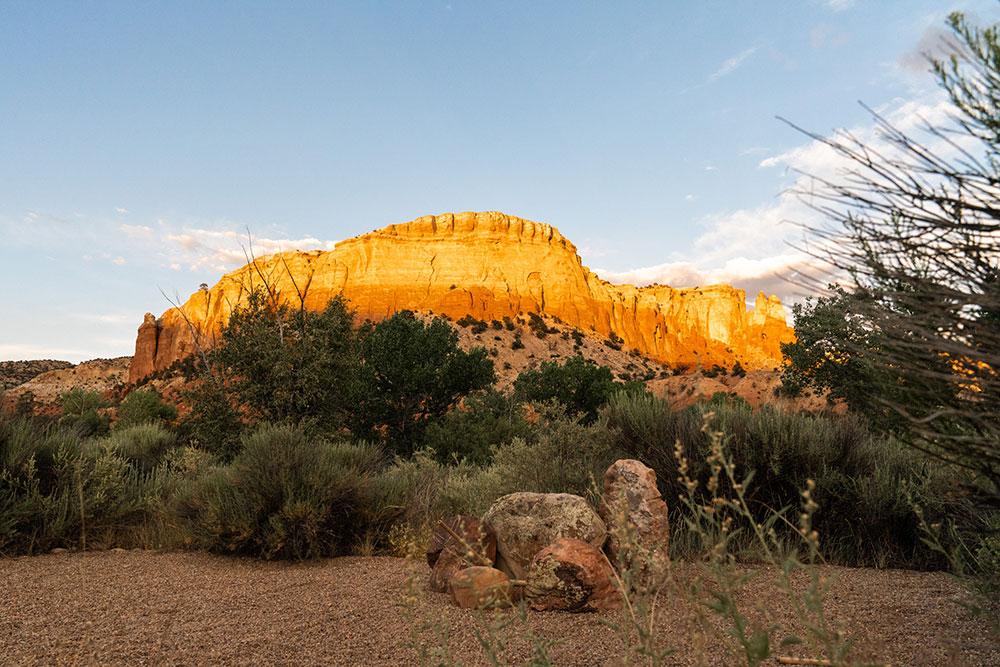

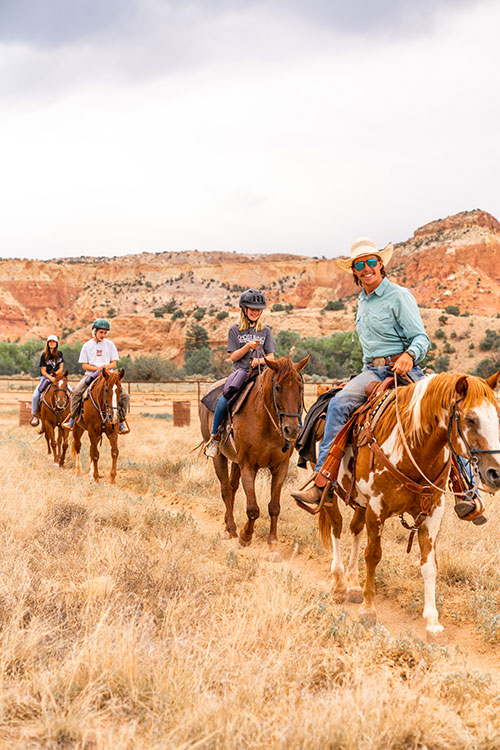
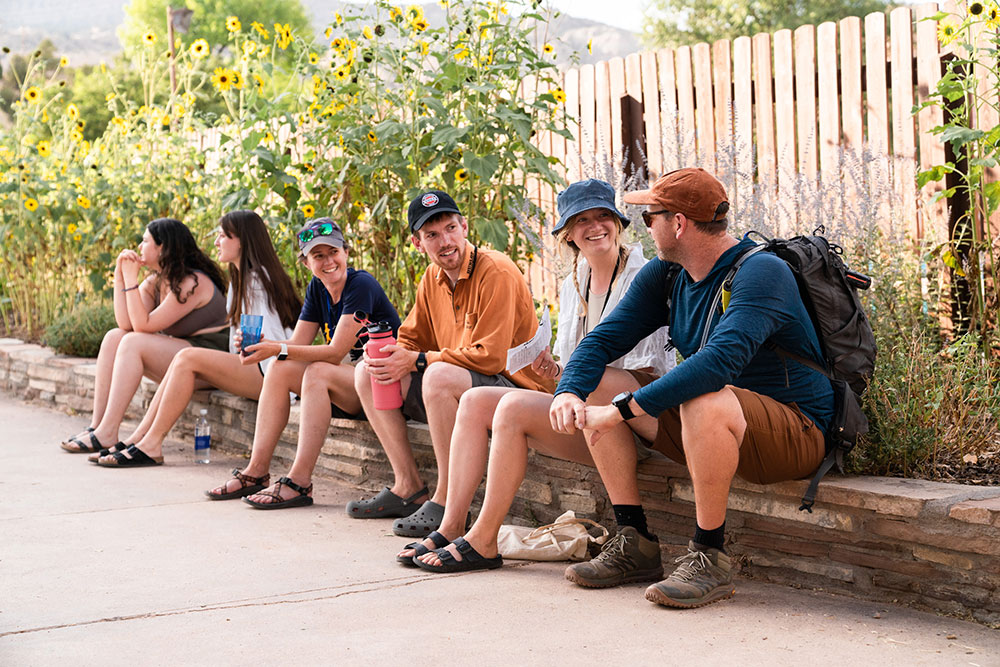
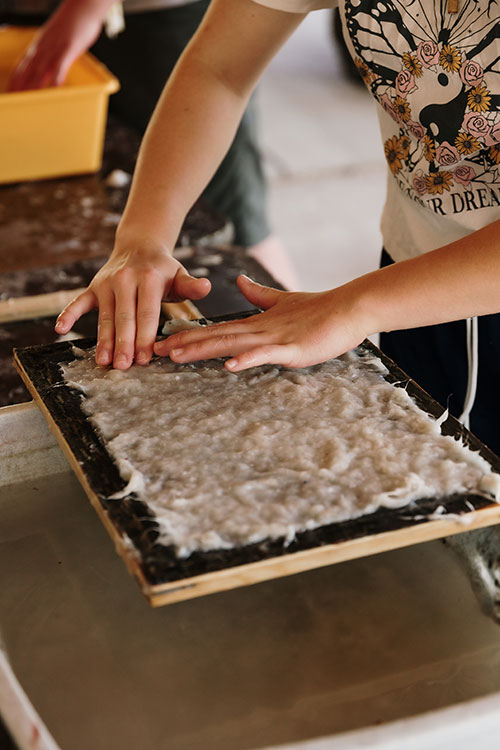


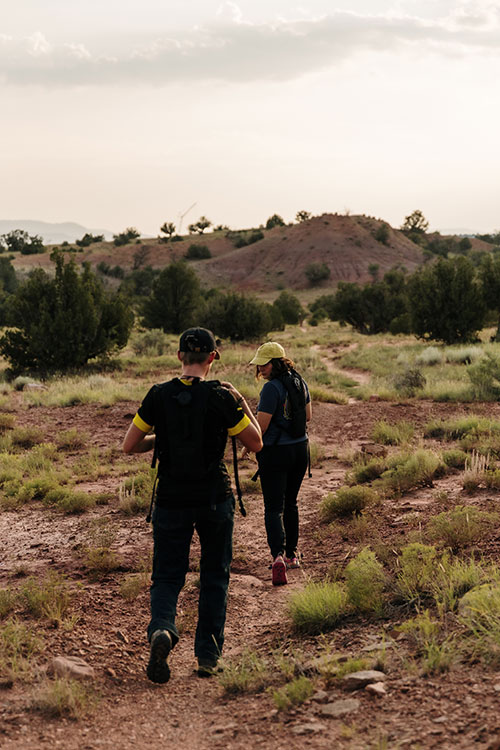

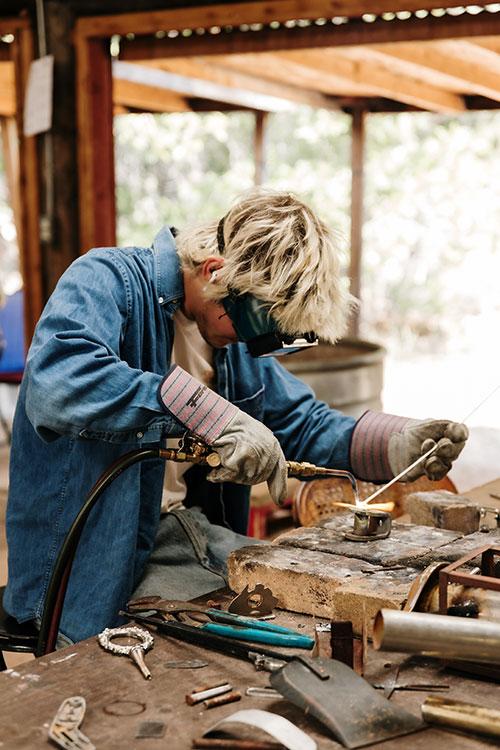
 RSS Feed
RSS Feed